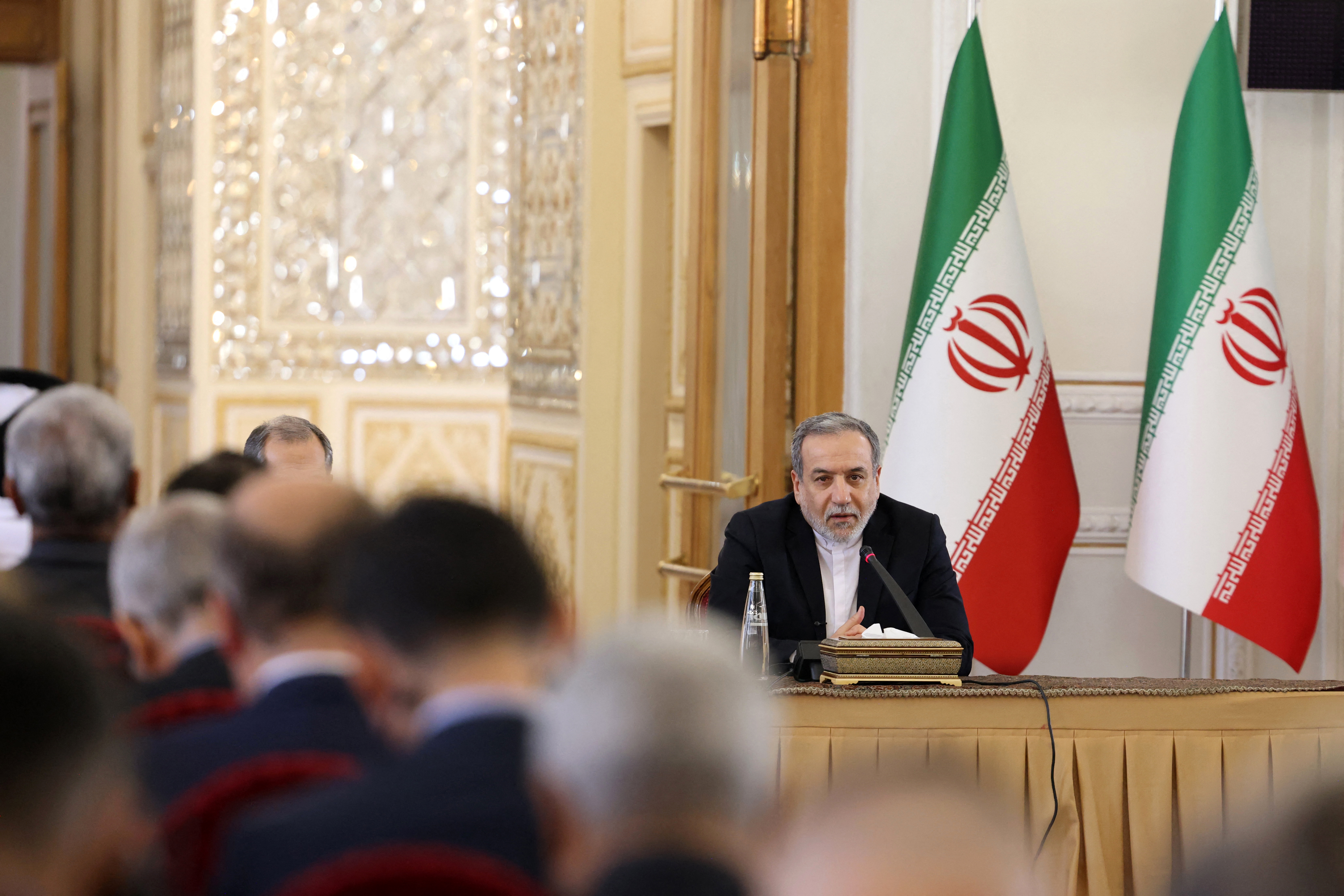
TEHERAN - Iranian Foreign Minister Seyed Abbas Araghchi said that the recent agreement on resuming cooperation with the United Nations nuclear watchdog can no longer serve as the basis for bilateral collaboration.
Speaking at a press conference, Araghchi noted that the enforcement of the snapback mechanism had "changed the circumstances," adding, "We are facing a new situation," according to the Iranian Students' News Agency (ISNA).
In September, Iran and the International Atomic Energy Agency (IAEA) reached an agreement in Cairo on a new framework of cooperation to address Iran's security and safety concerns. The deal came after Teheran suspended its cooperation with the IAEA in late June following Israeli-US strikes on its nuclear facilities and the assassinations of Iranian nuclear scientists. Under the arrangement, any IAEA inspections would require approval from Iran's Supreme National Security Council.
Araghchi stressed that "the Cairo agreement can no longer serve as the basis for our cooperation with the agency."
He said there was no "justified" reason for invoking the snapback mechanism, warning that it would only further complicate negotiations and hinder diplomatic efforts.
ALSO READ: EU restores sanctions against Iran
Araghchi emphasized that Iran had demonstrated in practice that it neither sought to develop nuclear weapons nor to create conflict or escalate tensions, reiterating that diplomacy remained the only viable path to resolving the nuclear issue.
The E3 -- Britain, France, and Germany -- triggered the snapback mechanism in August, leading to the UN's reimposition of sanctions after the Security Council failed to extend sanctions relief in September.


